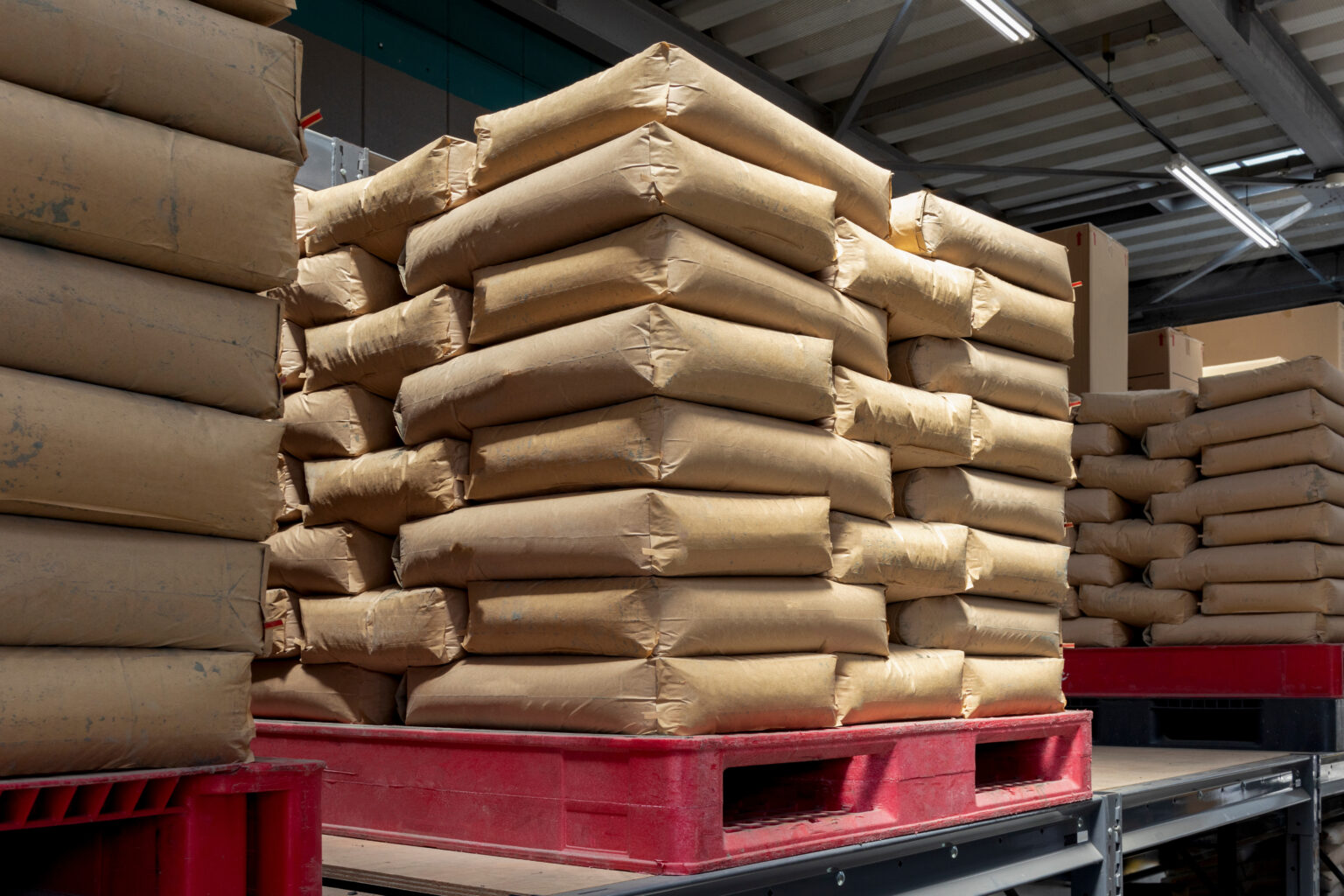On July 28, the Competition Council unveiled a set of commitments offered by several domestic cement producers, following an investigation triggered by an independent grinding facility. That complaint, filed in October 2024, accused major players in the clinker supply chain of engaging in practices that stifled competition.
After declaring the case admissible in December, regulators launched a full inquiry, uncovering several troubling patterns. Investigators found that the market appeared heavily skewed in favor of vertically integrated cement companies, creating serious obstacles for independent grinding operations to access clinker—an essential raw material in cement production. The inquiry also highlighted restrictive commercial terms and what appeared to be preferential treatment for cement distribution subsidiaries, putting unaffiliated operators at a disadvantage.
In response to these findings, the companies under scrutiny have voluntarily proposed a series of corrective measures. Their commitments aim to improve access for independent grinders, establish non-discriminatory trading conditions, and enforce strict internal separation between clinker production and marketing departments. The goal is to remove any risk of cross-subsidization or unfair influence across business units. The companies also pledged to increase pricing transparency and clarify the terms of sale.
Another key point involves the use of qualified fly ash—a byproduct often used in cement. Cement producers say they will now restrict the burial of this material and make it available to operators who aren’t part of their economic interest groups, expanding access to a critical resource for more players in the industry.
Starting today, the Council has launched a 30-day public consultation, inviting feedback from stakeholders. Once the consultation ends, regulators will decide whether to make these commitments legally binding. If accepted, the move would close the case and bring the current investigation to a close.
